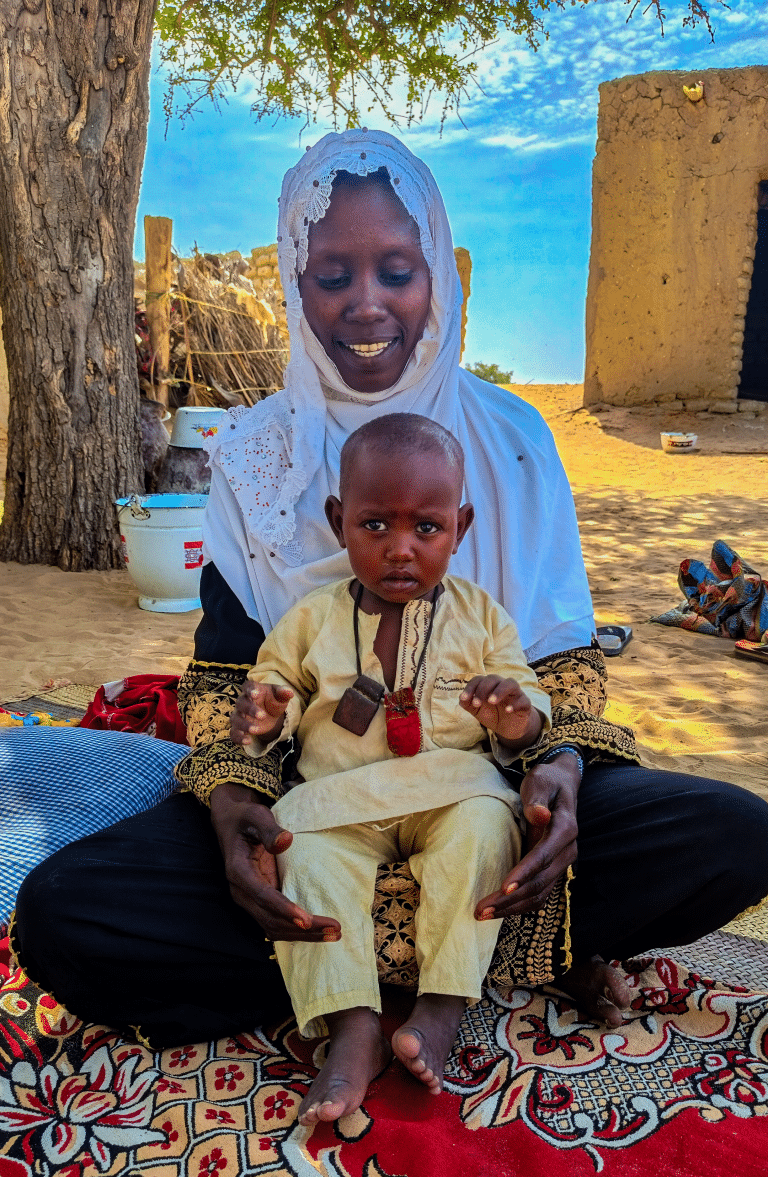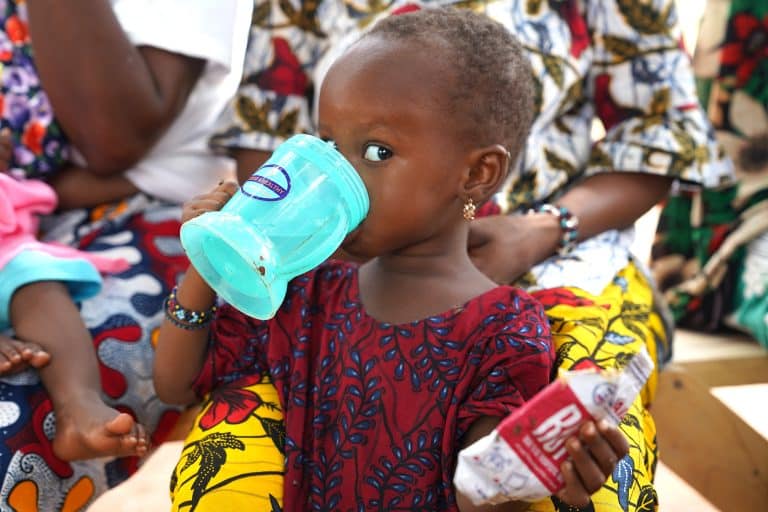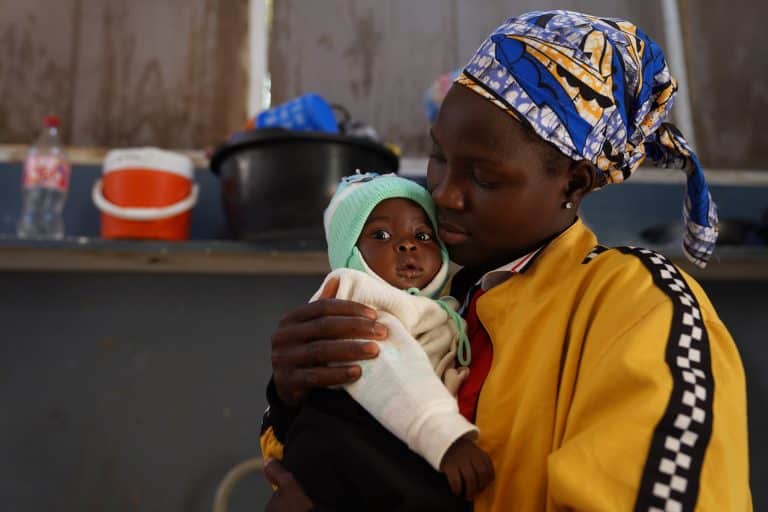The PLASTIK project aims at reducing waste generated by two types of vital healthcare items in Chad and Burkina Faso: ready-to-use therapeutic food sachets (RUTF, used to treat children suffering from acute malnutrition) and medicine repackaging sachets. These items are essential to treat patients, any medical organization produces a lot of this waste.
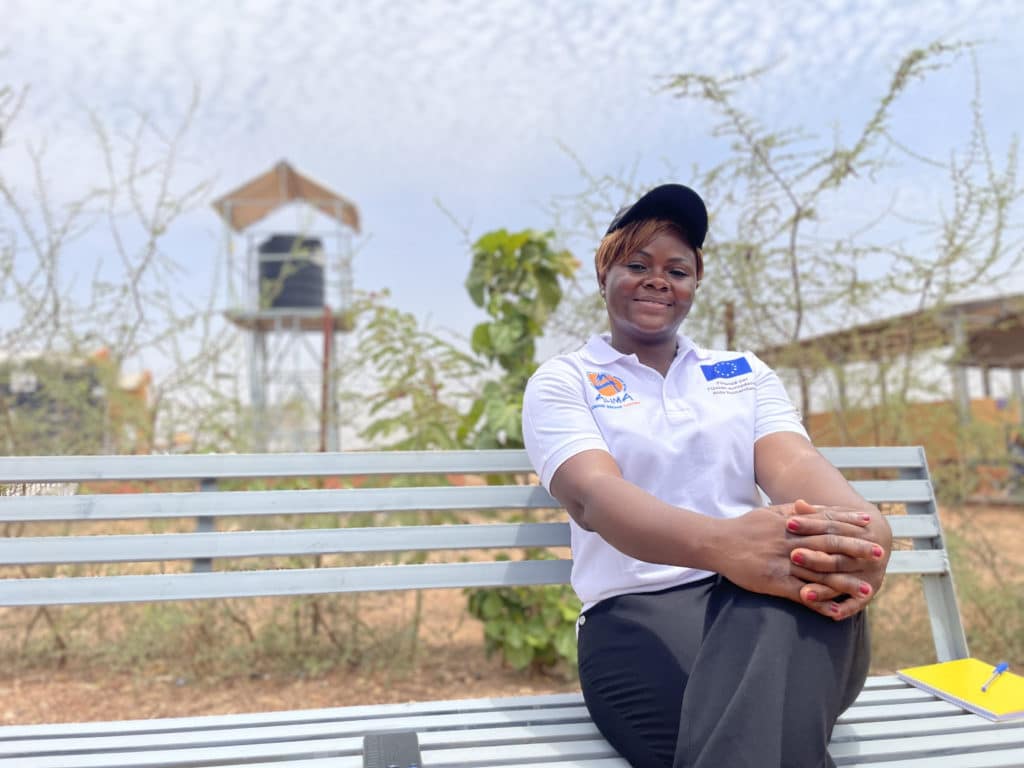
Reducing Pollution From Medical Waste
An Urgent Need in Burkina Faso
In Burkina Faso, the number of children with severe acute malnutrition is on the rise. It is estimated that by 2024, 113,500 children aged 6 to 59 months suffer from this condition across 37 out of 45 provinces. Treatment for these children heavily relies on RUTF, leading to a significant increase in the production of aluminum and plastic sachets. These same sachets are often discarded onto streets by users.
The composition of these bags poses environmental risks due to their non-biodegradable nature and the greenhouse gases emitted during their incineration. When improperly disposed of in nature, they can cause risks to soil, animals, the environment, and human health.
A Significant Environmental Impact
The PLASTIK project aims to mitigate the environmental impact of medical care sachets through a comprehensive life cycle analysis, the analysis of alternatives, the implementation of post-use collection strategies, and the development of recycling practices. In Burkina Faso, the collection of RUTF sachets was already part of the monitoring of malnourished children, but they were burned, producing greenhouse gases.
Now, the bags are recycled into fuel. It should be noted that 100 kg of sachets can produce 19L of fuel. This is achieved through pyrolysis, a process that transforms raw materials without the emission of greenhouse gases, recognised and accredited by the Ministry of Environment in Burkina Faso. This fuel is then transported to health centers to incinerate infectious medical waste. As part of the PLASTIK project, ALIMA’s teams in Chad are conducting a similar experiment: the bags are transformed into briquettes with excellent insulating properties for construction.
In essence, the PLASTIK project is a cycle: it transforms medical care sachets into fuel, which is then used to incinerate non-recyclable infectious medical waste.
Dr Céline Estelle Beogo, Coordinator of the Plastik project in Burkina Faso
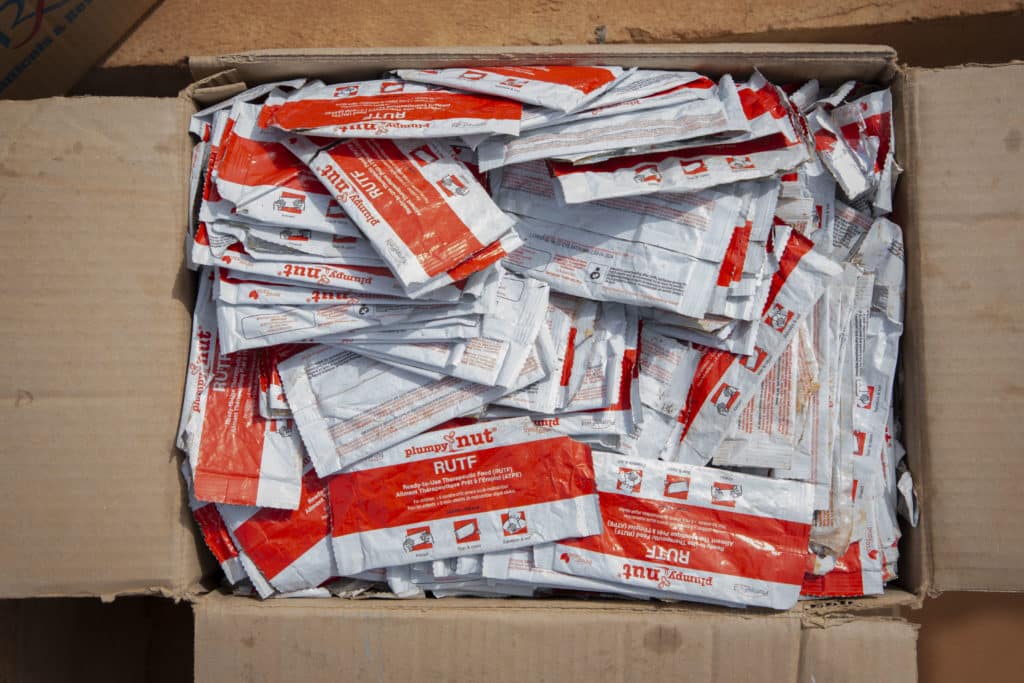
Raising Awareness and Training Users, a Winning Strategy
Health Staff
We collaborate closely with personnel from urban medical centers and health and social promotion facilities in the Ouagadougou region to educate the community about the risks of environmental pollution by plastic. Together, we explore ways to minimize our carbon footprint. Involving health facility and district staff in these initiatives helps us prepare for the project’s long-term sustainability.
Population
The local community is highly involved in the project’s implementation. Six community relays have been identified and empowered to carry out awareness-raising activities under our supervision. They are also responsible for the collection and storage of the bags. Additionally, the management committees of the health centers are involved and participate in raising awareness among beneficiaries through activities such as film screenings and discussions.
Even after the project concludes, health centres will continue to use these sachets. The established contacts and processes will enable health center managers to continue raising awareness among the communities and collaborating with the pyrolysis provider.
A True Collective Commitment to Address Environmental Issues
Mothers whose children receive treatment at health centers believe that empty RUTF bags are more than just waste. “They are treasures if you know how to use them; some are even transformed into toys,” says Ibrango Bibata, one of the mothers.
Discover the Plastik project in video
From RUFT sachets to Bricks: An Ecological Revolution | EP 1 | ALIMA
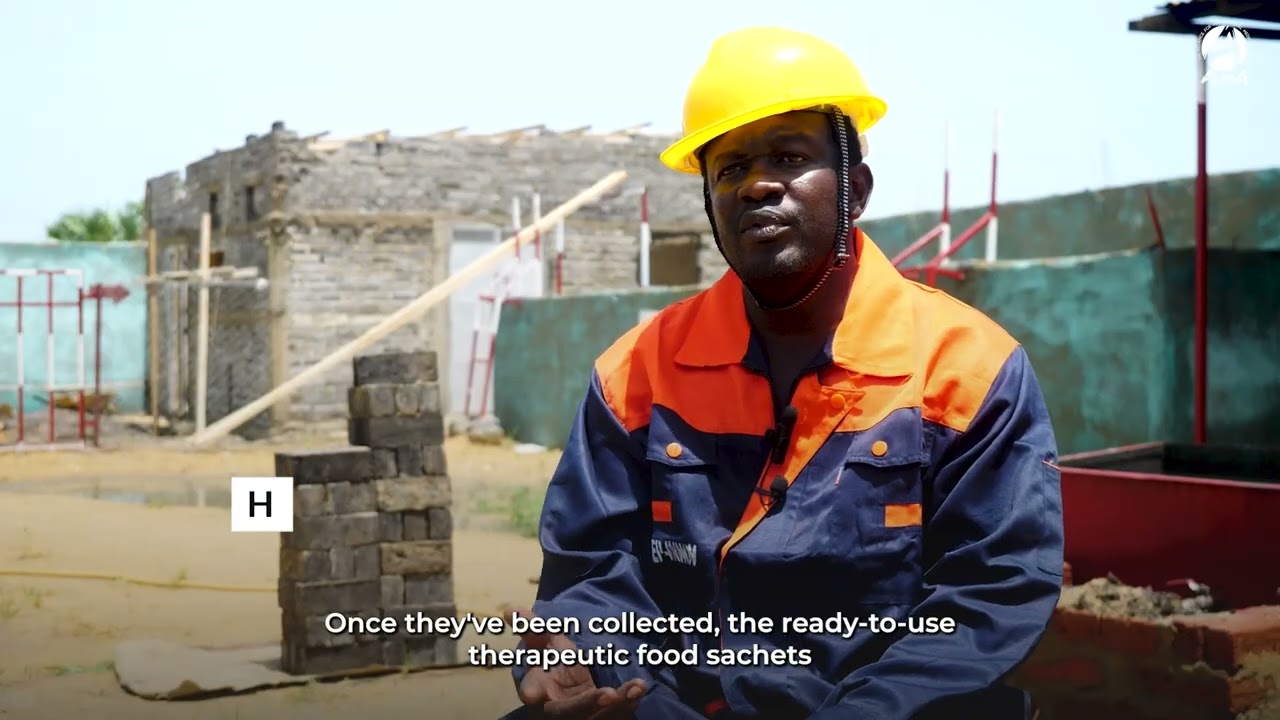
2,500 kg of RUTF sachets : A Tangible Impact for Communities | EP 2 | ALIMA
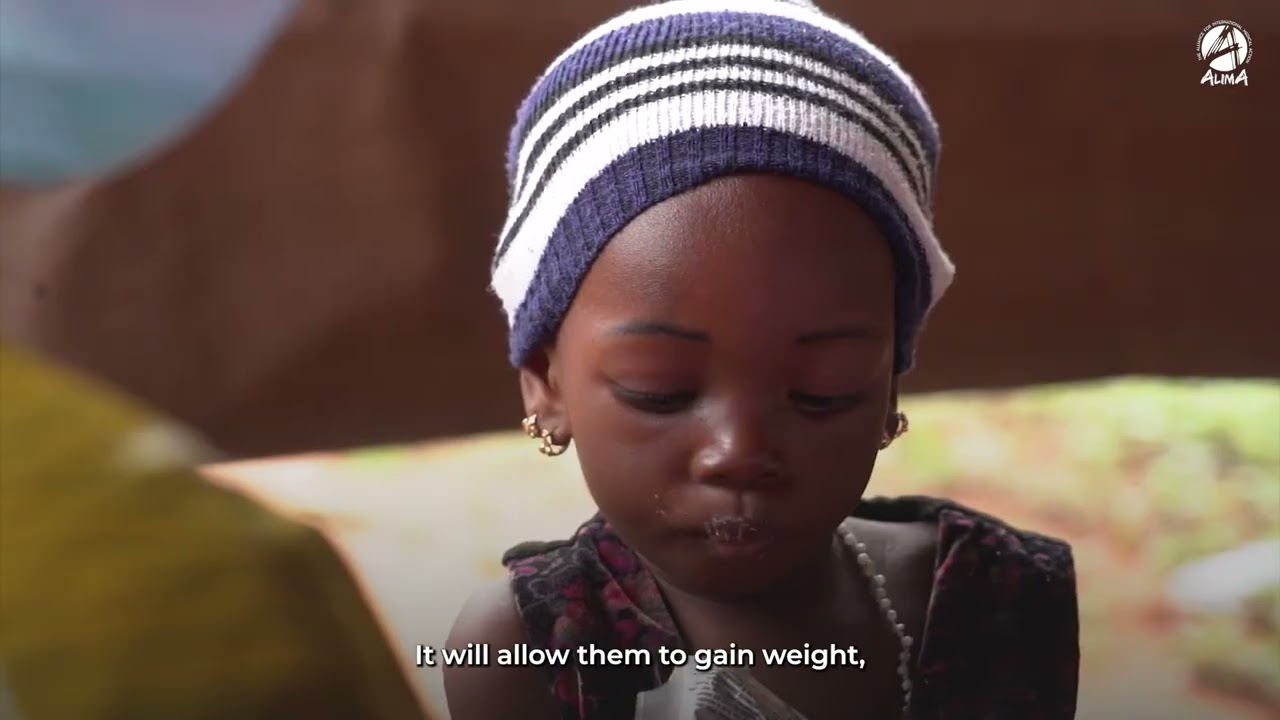
Plastic Pollution: When Communities Take Action | EP 3 | ALIMA
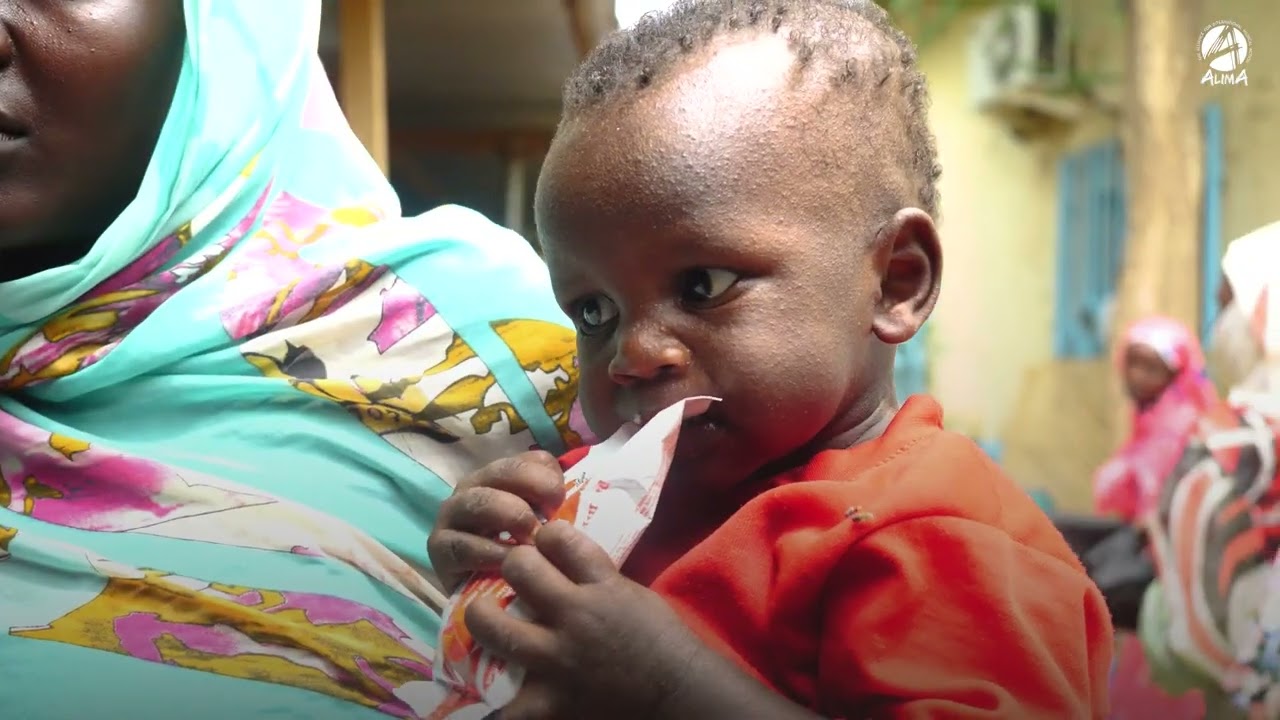
Cover picture © Alioune NDIAYE / ALIMA


